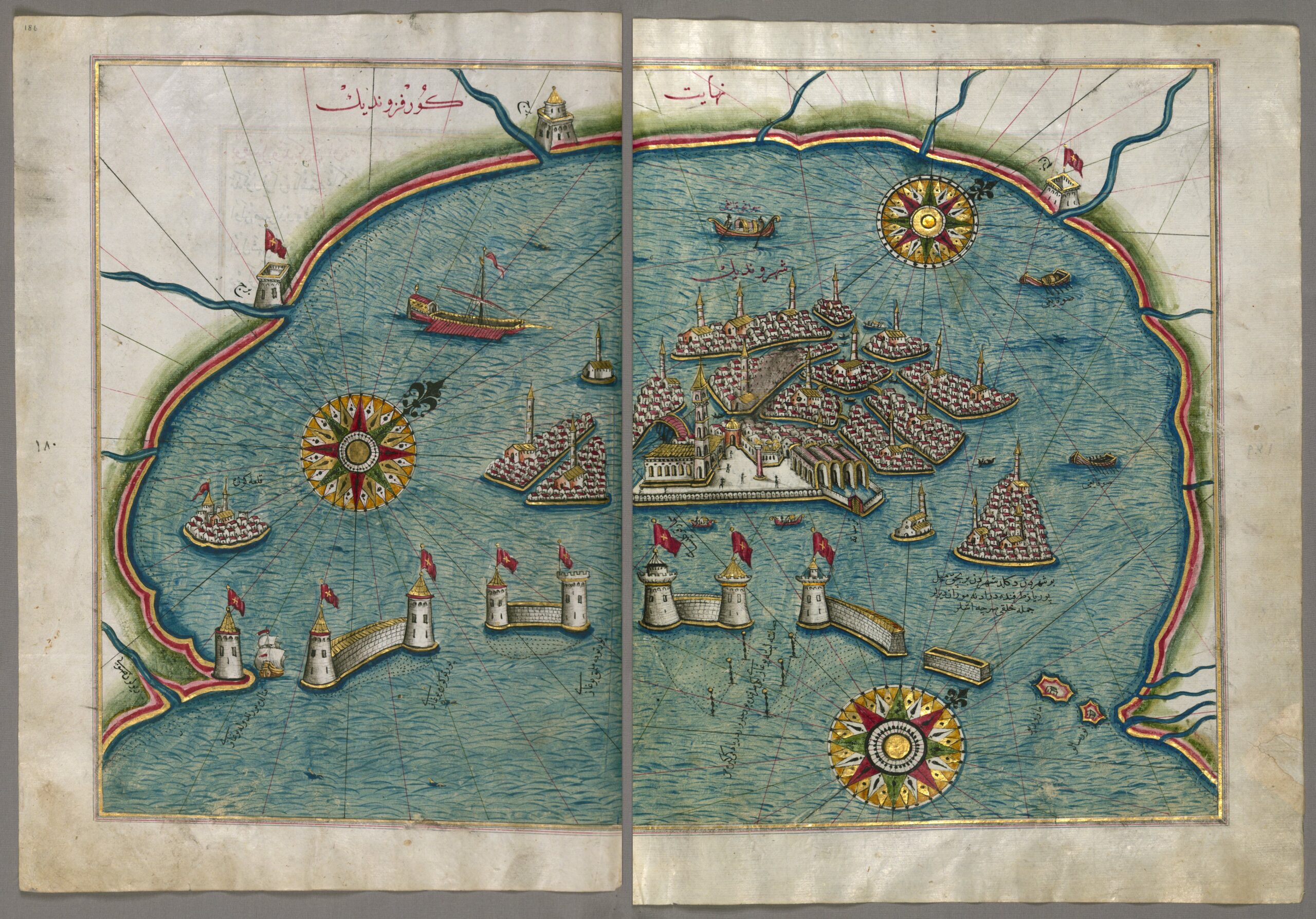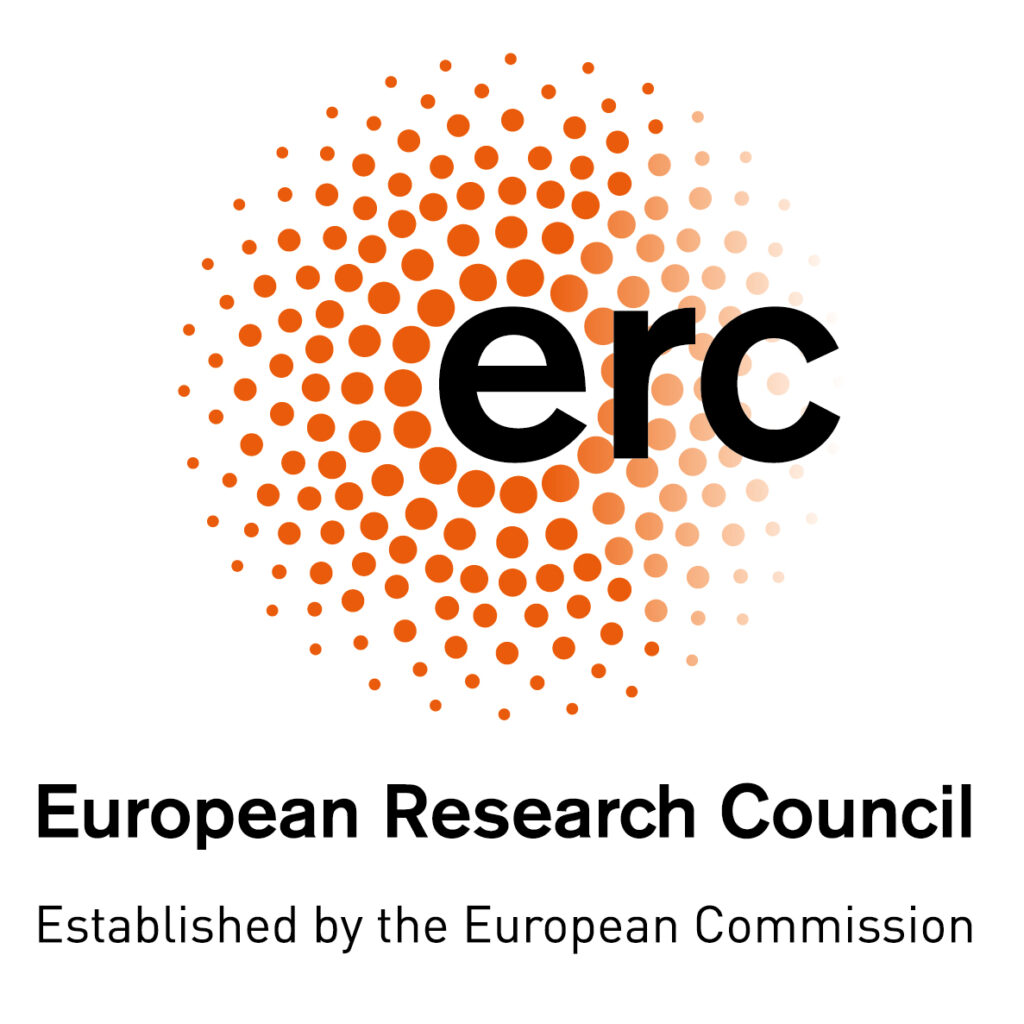Nieuws
OSARK 4th Congress on Ottoman Studies
We are proud to announce that no fewer than four COOPERATION members -Bryony Harris, Charles Ough, Evren Çakıl and Giorgio Ennas- will share their research findings, insights and experiences during the upcoming Congress on Ottoman Studies. This 4th edition is scheduled to take place from 17 till 19 October 2025 and will be hosted by the prestigious Ca’ Foscari University of Venice.
The Congress on Ottoman Studies (OSARK) aims to create a comprehensive platform for advanced research in the history of the Ottoman Empire and promote a fresh and innovative perspective that fosters awareness among Ottoman societies of their shared historical coexistence. This year’s topic is The Ottoman Mediterranean. For three days, researchers will dive into the complex historical, cultural, and economic dynamics of the Mediterranean as a central region within the Ottoman Empire, highlighting the interactions between different communities, trade networks and political entities that shaped the area. In this way, the congress will investigate the role of the Mediterranean region as a ‘crossroads of civilizations and a space of coexistence, conflict, and exchange’, shedding light on the Ottoman presence in the Mediterranean and its long-lasting influence.
Our co-investigators will discuss their findings in the panel entitled A Sea of Cooperation? Rethinking Imposition, Collaboration and Resistance in the Nineteenth-Century Ottoman Mediterranean, at which they will present the Mediterranean Sea as an area that has united and divided people. During the long history of the Ottoman Empire, the area served as a stage for expected and unexpected encounters, showing its nature as a meeting point where new forms of inter- and transimperial relations and diplomacy emerged. This was a period of conflicts, but also of shifting alliances, new modes of cooperation and subaltern resistance. The nineteenth century particularly played out through the actions of local authorities, the sultans’ vassals and the subaltern figures of the Empire. The contributions of Çakıl, Harris, Ennas and Ough will explore the localized forms and expressions of diplomacy, featuring papers on bottom-up sanitary cooperation and non-cooperation, as well as subaltern resistance and peace-making underexplored vectors that reshaped diplomatic dynamics in the Ottoman Mediterranean. In this way, they question regional authority, concrete or imagined borders and legitimacy at the core of diplomatic activities in an area between Tunis, Constantinople, Alexandria of Egypt, and Beirut.


